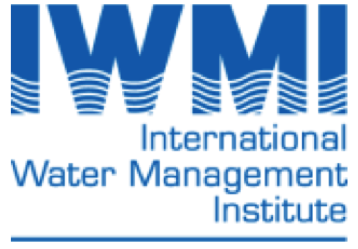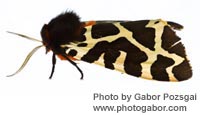International Water Management Institute

The International Water Management Institute (IWMI) is a component institute of the Consortium Group for International Agricultural Research (CGIAR) and is a non-profit international research centre. The funding for IWMI comes from a range of international donors including the World Bank, SIDA, DfID and US-AID eiher directly or through bi-lateral agreements. The mission of IWMI is to improve the management of land and water resources for food, livelihoods and the environment. The principal remit of IWMI is to improve the management of land and water resources for food, livelihoods and the environment. To do this IWMI uses an approach based on problem solving and adaptive management and are continually building and extending our partnerships and contacts to help in this process. IWMI has its headquarters in Colombo, Sri Lanka and has 12 regional offices, including 3 in Africa (South, West, East Africa and the Nile Basin). Currently there are just under 300 employees worldwide. Research in IWMI, globally, is presently organised around 4 themes: Water availability and access; Productive water use; Water quality, health and the environment; Water and society. There is currently a large process of change in how research is carried out by IWMI and its partner institutes to make them more integrated across skill bases within institutes and that they align with regional demands. In the East Africa office there are 16 staff currently of which 11 are research staff ranging from post doctoral to senior scientists. IWMI leads the CGIAR Theme on Water, Land and Ecosystems which has a set of strategic research portfolios and problem sets related to: rainfed agriculture; rainfed agriculture, basins, reduce and reuse if water and knowledge and information. The ALTER proposal would feed into and benefit from the research being carried out under both rainfed and the knowledge and information. In relation to the latter, data and information is where the central African Soil Information System (AFSIS) will be developed and housed, including much of the component elements of EthioSIS.



